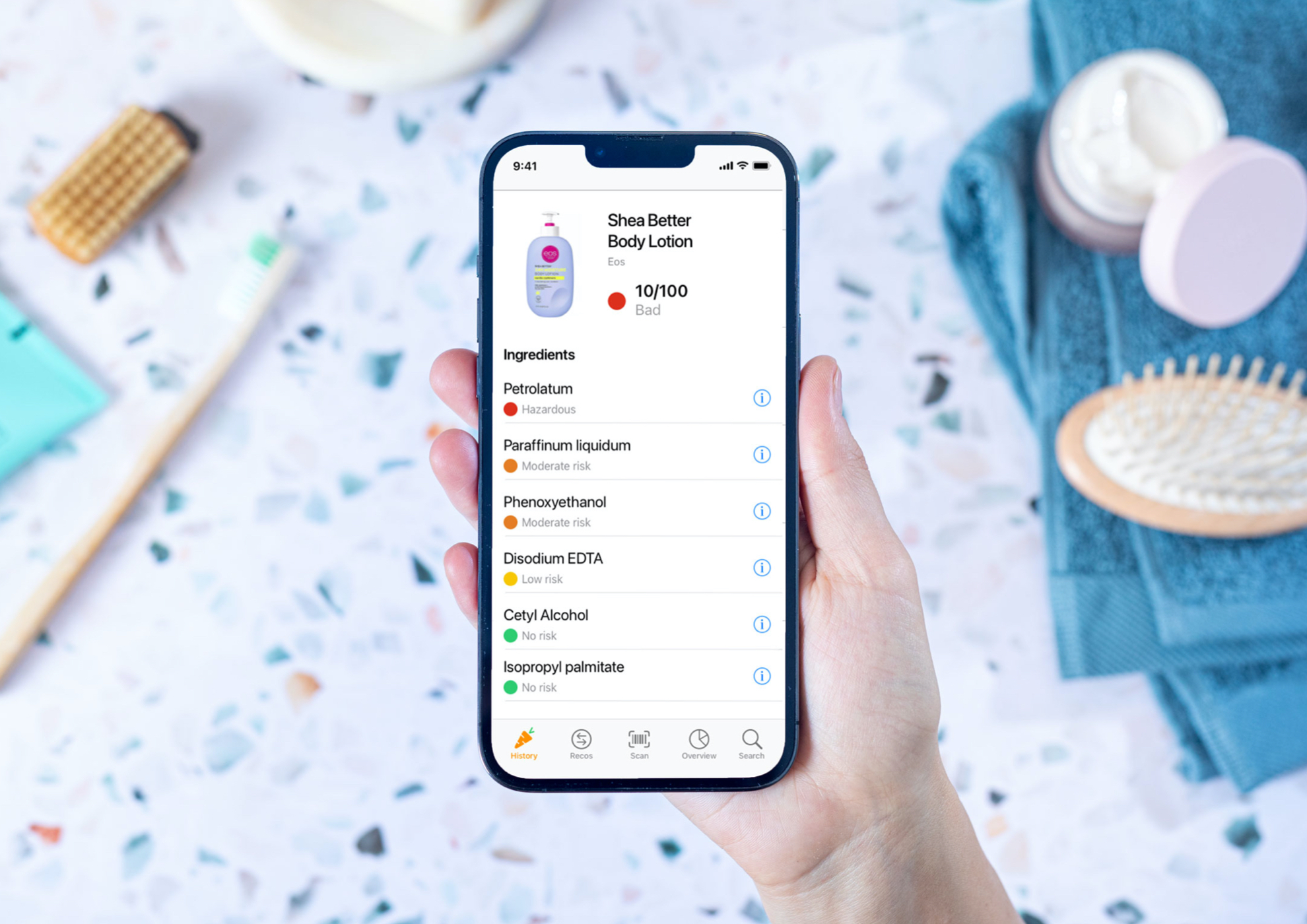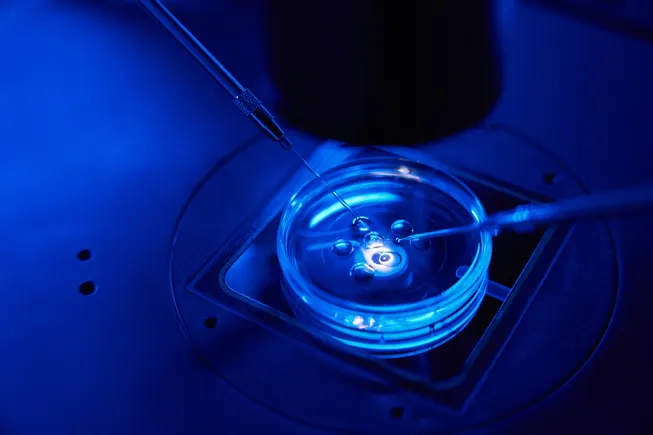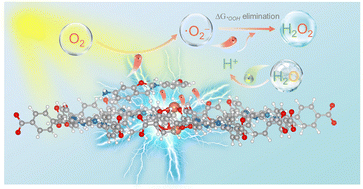Polymer‐Conjugated SOD‐Pt⁰ Micelles Enhance ROS Cascade Scavenging to Alleviate Ischemia‐Reperfusion Injury During Kidney Transplantation
Advanced Healthcare Materials, EarlyView.

SOD-Pt⁰ micelle synthesized using an ultra-sensitive polymer-superoxide dismutase (SOD) conjugate as a template for the in situ growth of platinum nanoclusters with vicinal active sites. It exhibited high thermal stability, great proteolytic stability, and excellent lysosomal escape capability, resulting in highly retained enzymatic activity. The micelle effectively scavenged reactive oxygen species (ROS) through cascade biocatalyst, showing robust therapeutic effects on renal ischemia-reperfusion injury (IRI).
Abstract
Ischemia-reperfusion injury (IRI) during kidney transplantation is linked to oxidative stress induced by excessive reactive oxygen species (ROS), which causes the injury of transplanted kidney, leading to further intensified organ shortages. Protein-based antioxidants have been developed for ROS scavenging via cascade biocatalyst. The in situ growth of metal nanozymes on proteins effectively decreases the steric hindrance between active sites, improving the efficiency of cascade biocatalysts. However, the poor stability of protein during the process of preparation and intracellular delivery leads to low therapeutic effects. In this study, three different functional polymers are conjugated to SOD for the formation of micelles. Surprisingly, it is found that the conjugated ultra-acid sensitive polymer efficiently preserves the enzymatic activity of SOD, due to great endo/lysosomal escape capacity. Subsequently, SOD micelles (SOE) are used as a template to prepare SOE-Pt0 (SOEP) through in situ growth of Pt0 with vicinal enzymatic active sites. The preparation process minimally impacts on the activity of SOD, owing to improved stability. The system exhibits effective cascade ROS scavenging, significantly reducing kidney damage and inflammation caused by IRI. The research offers a novel approach for addressing IRI challenges in organ transplantation and provides a promising strategy to mitigate organ shortages.






















































































































































